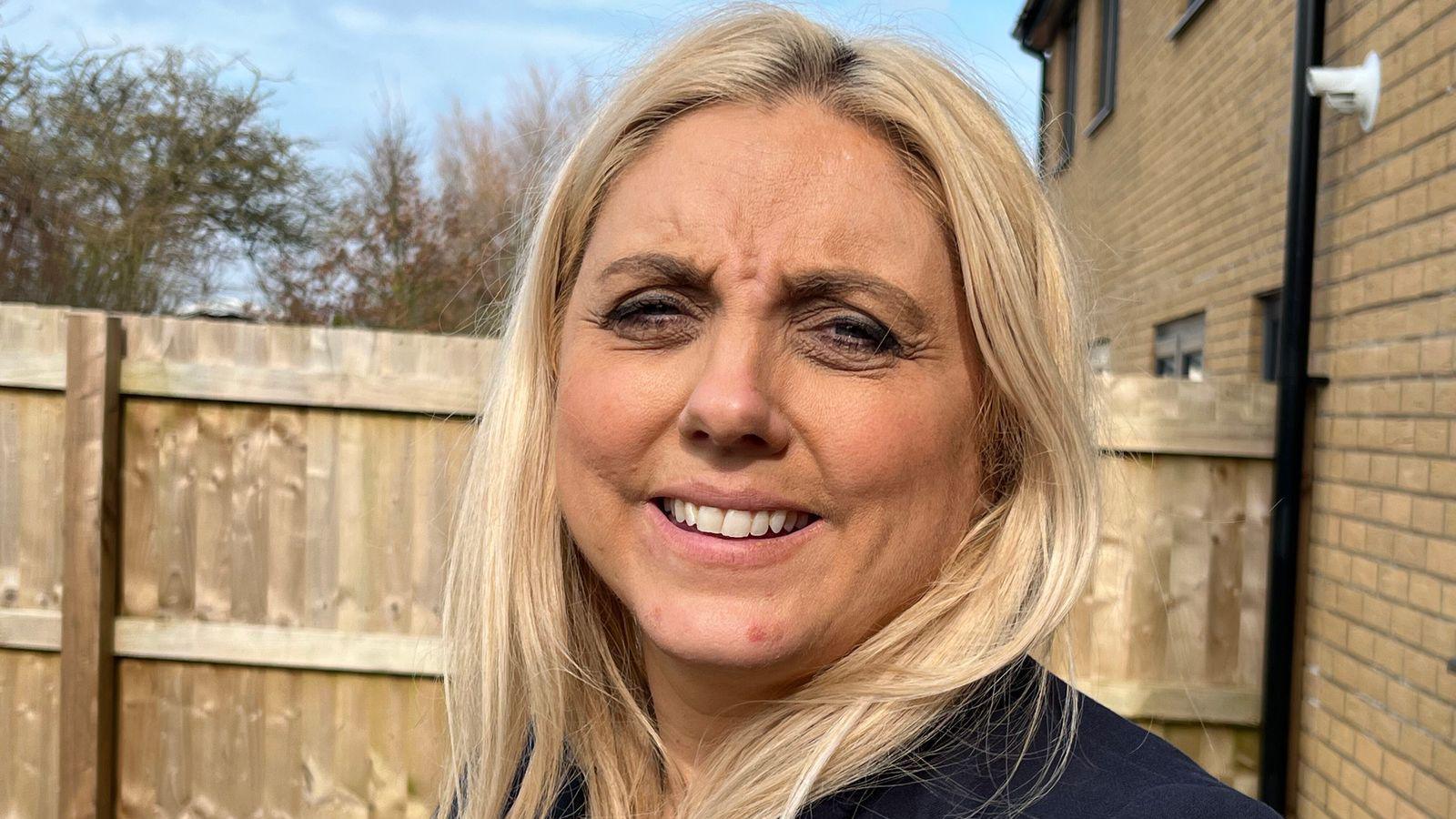'Breastfeeding mums need more support'
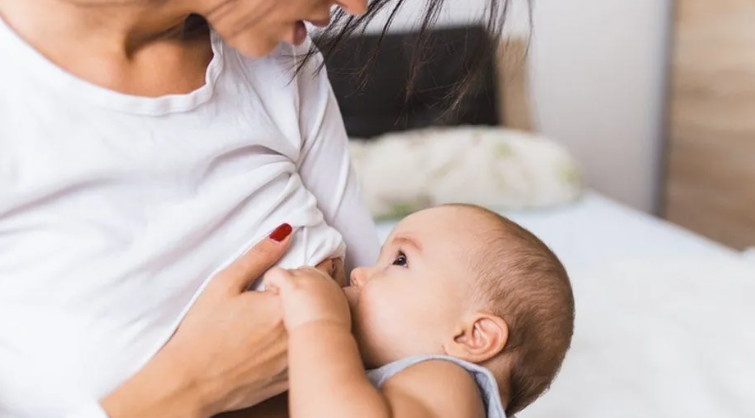
The UK has one of the lowest recorded breastfeeding rates in the world
- Published
A social enterprise CEO believes mothers need more support with breastfeeding as the UK has one of the lowest rates in the world.
Human Milk, founded by Claire Tchaikowski, is a Bristol-based social enterprise that promotes the benefits of breast milk.
Ms Tchaikowski told BBC Radio Bristol's John Darvall that despite about 80% of new mothers in the UK setting out with the desire to exclusively breastfeed, less than half make it past six weeks.
NHS midwife Amina Hatia said: "The reality is, breastfeeding is a skill that needs to be learnt and honed."
Ms Tchaikowski believes there is little time for midwives to support women with breastfeeding after they have given birth, due to an already stretched health service.
"Unfortunately the hospitals are rushed off their feet with midwifes are already seeing too many women just for birthing," she said.
Her comments come as people across the globe celebrate World Breastfeeding week, which is running until Friday. The event aims to raise awareness about the benefits of breast milk for babies and young children.
Figures from the Human Milk website state half of new mothers in the UK quit breastfeeding by week six. Nine out of 10 said they did not want to quit but they could not find the help they needed to make it work.
UNICEF figures show England's exclusive breastfeeding rates drop from 81% at birth to 24% at six weeks, and 17% at three months.
Experts claim breastfed children have a boosted immune system, less chance of developing several cancers, infections, and a lower risk of developing asthma and allergies.
It is associated with everything from better resistance to disease to having a healthier bodyweight.
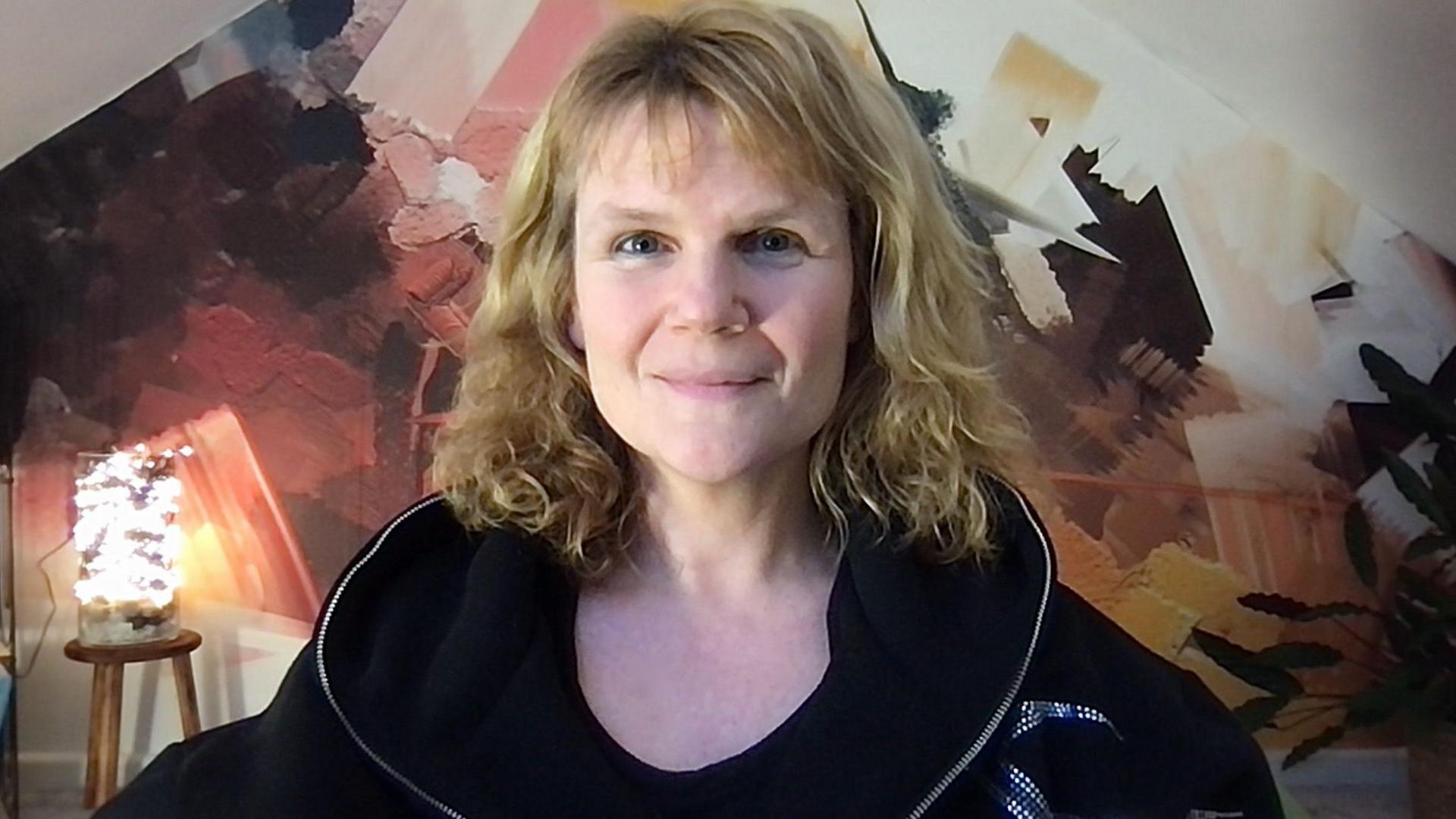
Claire Tchaikowski, founder and CEO of Human Milk, believes new mothers need more support with breastfeeding
Amina Hatia, who is co-midwifery manager at Tommy's Midwives, a London-based charity offering support pre and post-pregnancy, told the BBC midwives do have time to help new mothers but parents need to know who to ask for support.
She said: "Many trusts throughout the country are now offering antenatal breastfeeding classes and those that access these tend to do better with breastfeeding.
"Being prepared with information makes a huge difference - the post-natal period is not the ideal time to be learning," she added.
Ms Hatia said the main thing parents can ask for after giving birth is the infant feeding team.
She said: "If you connect with this team in the hospital, they can let you know who can support you when you're home. The NHS have community teams willing to help."
'Not good enough'
An NHS spokesperson said: “Every mother and baby deserves the highest quality care and support.
"While the NHS has made improvements to maternity services over the last decade, we know that many pregnant women and their families’ experiences are still not good enough.
"We are increasing investment to grow our maternity workforce, strengthen leadership and improve culture."
Follow BBC Bristol on Facebook, external, X, external and Instagram, external. Send your story ideas to us on email or via WhatsApp on 0800 313 4630.
Related topics
- Published7 June 2024
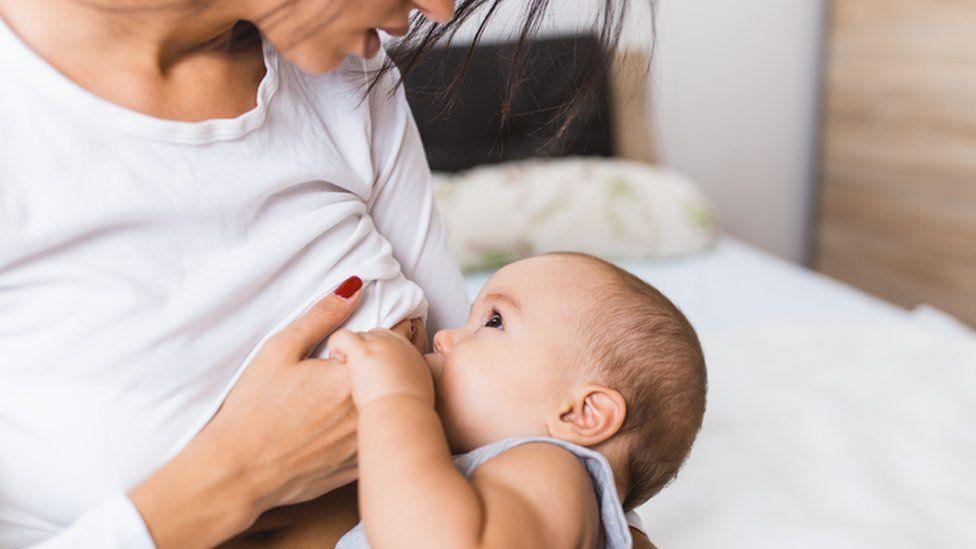
- Published10 May 2024
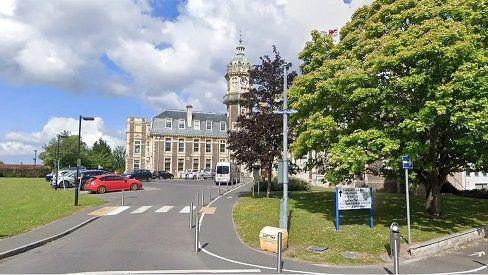
- Published26 July 2024
